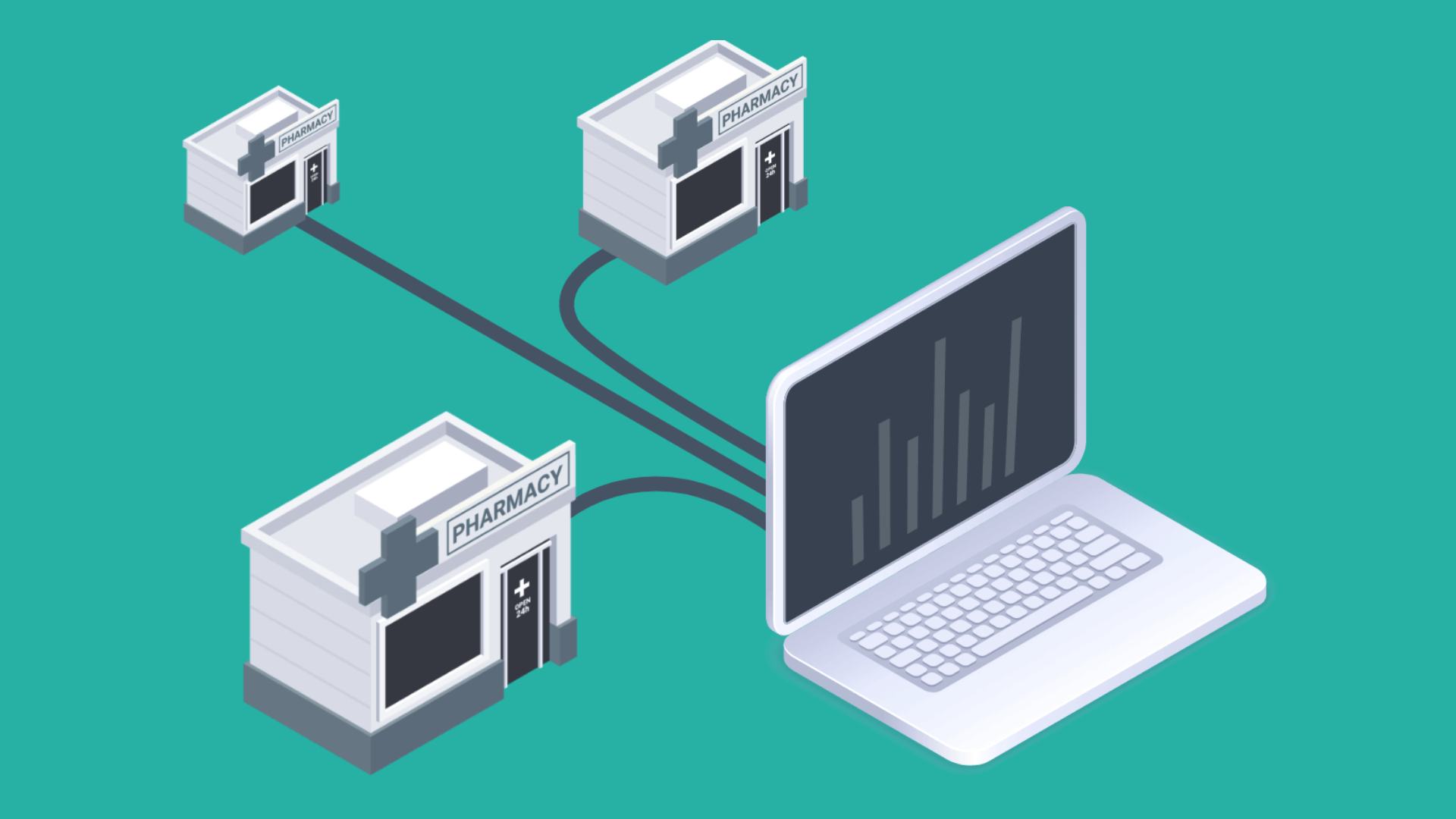Antibiotics revolutionized medicine. They turned once-deadly infections into manageable conditions and gave us the confidence to perform surgeries, treat cancer, and save lives daily. But the overuse—and at times, misuse—of these powerful drugs has led us to a critical crossroads.
The term “antimicrobial stewardship” is no longer reserved for clinical discussions in hospitals. It’s now a global health priority.
But what does it really mean?
What does antimicrobial stewardship actually involve?
At its core, it’s about preserving the effectiveness of antibiotics by using them in the right way, at the right time, for the right patient. It’s not about cutting access—it’s about using antibiotics when they are truly needed, and avoiding them when they’re not.
It means rethinking the habit of prescribing antibiotics for every sore throat, or self-medicating with leftovers from a previous illness. It also means questioning assumptions—because not every fever is bacterial, and not every infection requires a prescription.
Is it just a doctor’s job?
Not at all. Stewardship is a shared responsibility. Pharmacists play a crucial role—not only in dispensing medications but also in guiding patients, reviewing prescriptions, and ensuring proper use. Patients, too, have a role: resisting pressure for unnecessary antibiotics, following instructions carefully, and completing every course, even if they feel better after a few days.
Public awareness and behavior change are just as important as clinical protocols.
So what’s the real challenge?
The challenge isn’t only in creating guidelines—it’s in changing mindsets. Many patients still associate “recovery” with antibiotics, regardless of the type of infection. In some cases, healthcare providers may feel pressure to prescribe “just in case,” especially in the absence of fast diagnostic tools.
But every unnecessary antibiotic use is an opportunity for bacteria to adapt—and become stronger.
Is there still time?
Yes—but it’s running out. Every careless dose chips away at the effectiveness of a system we once took for granted. Antimicrobial stewardship isn’t just a program—it’s a lifeline.
Final thoughts
The future of antibiotics depends on how we act today. Antimicrobial stewardship isn’t about saying “no”—it’s about saying “yes, but only when it’s right.” It’s not about restriction—it’s about responsibility.
If we want to keep these life-saving drugs working for future generations, we must start with one thing: informed,intentional choices










